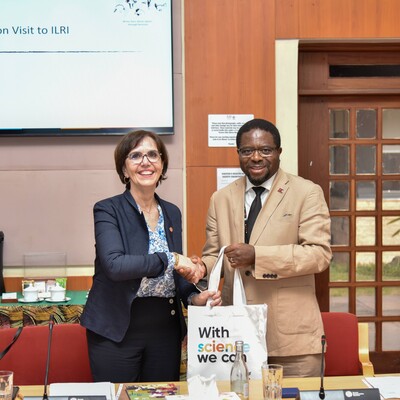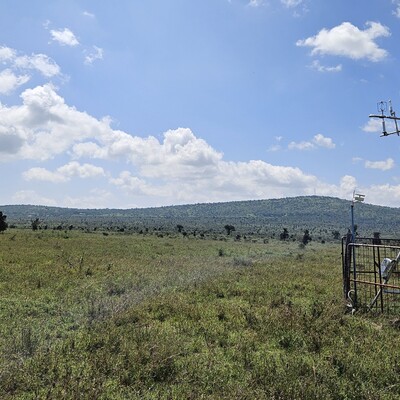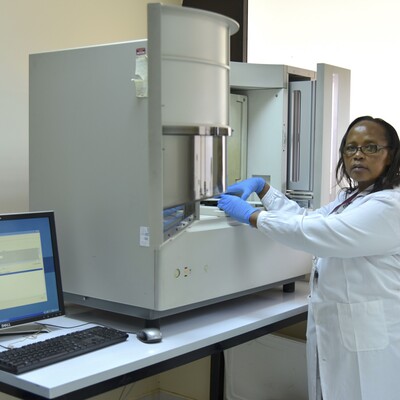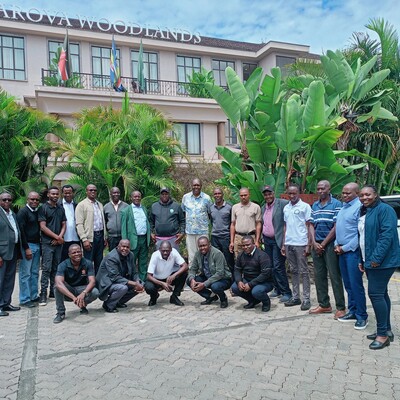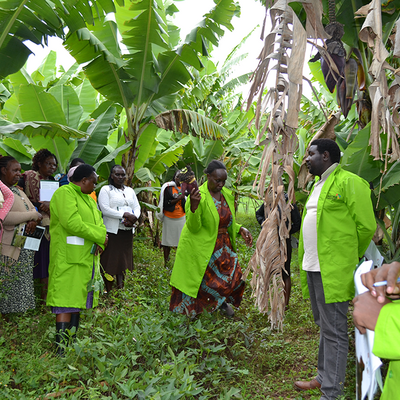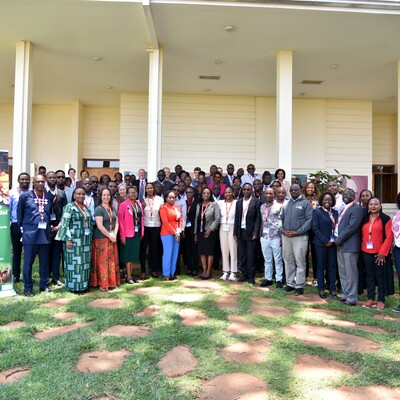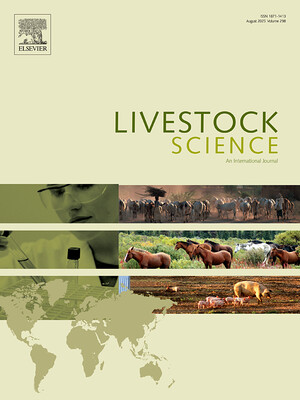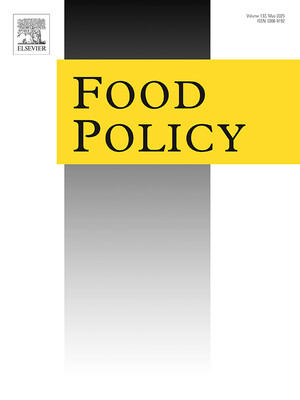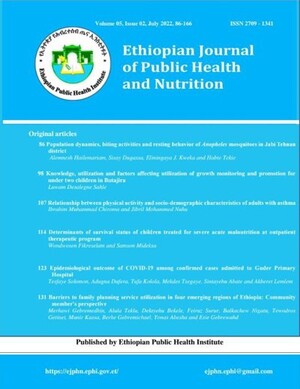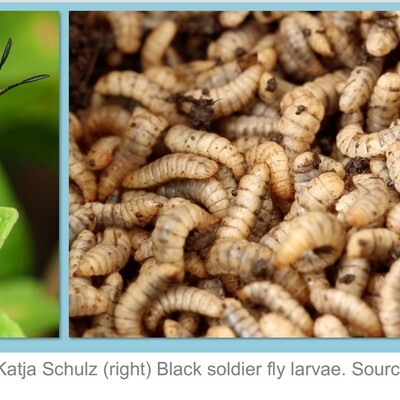
Kenya

ILRI/David White
Women working in the advanced animal health laboratories of ILRI, in Nairobi, Kenya
Drawn from some 40 nationalities, ILRI has a work force of over 600 staff globally and operates on an annual budget of about US$100M.
The institute works through extensive partnership arrangements with research and development institutions in both the developed and developing parts of the world.
A center of excellence and innovation
ILRI’s Nairobi campus includes high-end biotechnology laboratories as well as the Mazingira (Swahili for ‘environment’) Centre which conducts environmental and climate change research and education in Africa, providing state-of-the-art facilities, analytical equipment and methodological approaches.
Researchers at the Mazingira Centre are investigating the environmental footprint of the highly diverse livestock systems on the African continent, ranging from smallholder mixed systems in the humid highlands to extensive pastoral systems in the semi-arid lowlands, to provide evidence and context-specific solutions for sustainable, low-emissions development that benefit smallholder farmers and livestock keepers.
Our partnerships in Kenya
In Kenya, ILRI works with Kenyan ministries, research institutes, universities and local government offices, as well as with nongovernmental organizations, private companies and local communities. In partnership with KALRO ILRI has over the years supported the dairy, poultry and small ruminant sectors.
Included here is research on:
• Livestock genetics such as the Tropical Poultry Genetic Solutions (TPGS) project, the African Dairy Genetic Gains (ADGG) project and the biobanking Kenyan chicken genetic resources project.
• Improving animal nutrition through research on forages (such as exploring sequence diversity in Napier grass and identification of Brachiaria grasses for dairy production).
• Addressing animal health challenges through vaccine research (current work includes clinical trials to develop a subunit vaccine for contagious bovine pleuropneumonia in Kenya).
Research also includes restoration and sustaining rangelands and communities, building climate smart livestock-based systems through mitigation and adaptation, and sustainable intensification of crop-livestock systems along with projects in One Health.


















